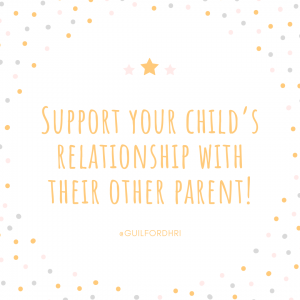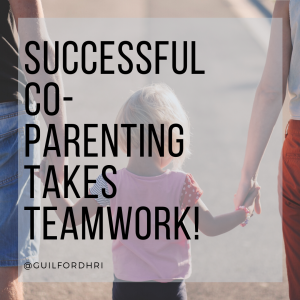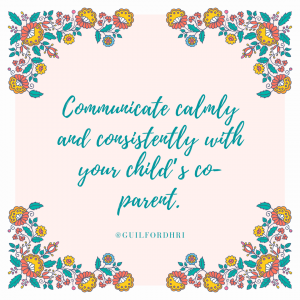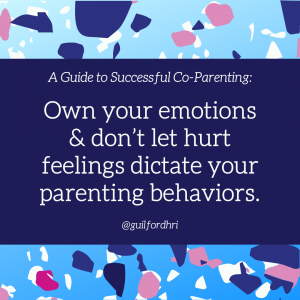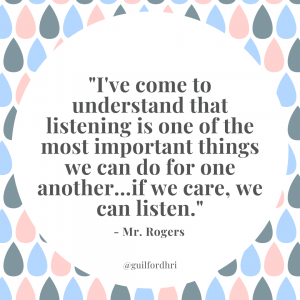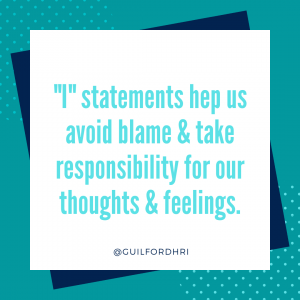
By Camila Dos Santos, M.Ed., HRI Program Coordinator
With all of the uncertainty and emerging news about coronavirus, you’re probably hearing a lot about “social distancing” and the recommendations for everyone to practice social distancing as part of public health prevention efforts. It’s important to follow these guidelines to help reduce the spread of the virus, but it’s also important to figure out other ways to stay socially connected amidst these social distancing practices.
Social distancing can make it difficult to stay connected with loved ones and can bring about increased feelings of anxiety and loneliness. Making the time to check in or say hello to a loved one becomes even more crucial when we are not seeing people on a regular basis.
Technology can be a great tool for connecting with loved ones when we cannot travel or be physically present. By using video calling such as FaceTime or Skype, you can participate in special moments or watch a show without having to be together. Sending an audio message or a pre-recorded video is another way to show your loved ones that you are thinking about them. Other ideas can include sharing and engaging more with social media and sending thoughtful or funny text messages.
Older adults or those who live alone especially need support during times of social distancing, especially since they already are at risk for social isolation. It can be beneficial to develop plans for regular communication, such as calling at the same time each day or sending check-in texts. For those living in close-knit neighborhoods or retirement communities, agreeing to turn the light on in the same room or to raise the blinds at the same time each morning is a fast and easy way to check in with one another.
Staying in tune with your emotions and mental health is especially important during social distancing. Meditating, taking deep breaths, or listening to soft music can help reduce feelings of stress or anxiety. If you are spending more time at home, it may be helpful to rearrange your spaces so they are calming and peaceful. Reaching out for help or support will help you to stay connected and emotionally healthy and balanced.
Social distancing may keep us from being physically close to our loved ones, but it doesn’t have to keep us from staying connected. Being intentional about reaching out to the ones we love will help to maintain some kind of stability in an ever-changing coronavirus landscape.

